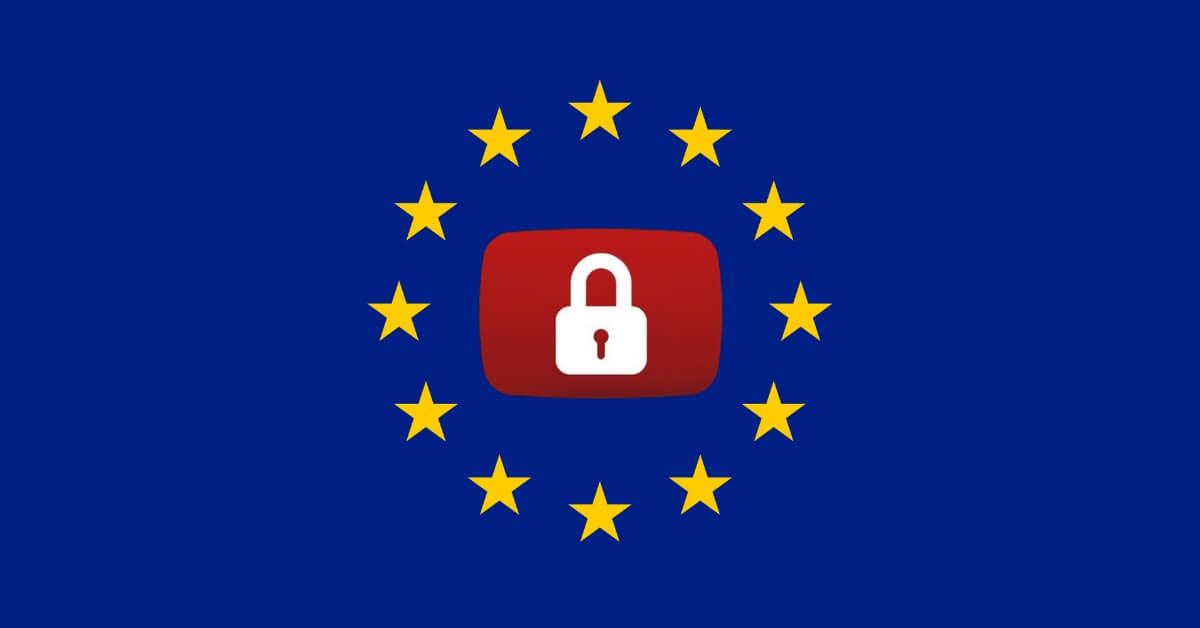Article 13 (the meme ban) is back with a vengeance. Last time we heard about the European Union (EU) Copyright Directive, negotiations had stalled after member state governments failed to agree on a common position on Article 13 and Article 11 (the link tax). These disagreements around Article 13 have now been resolved and the process of making it law is moving forward.
If passed into law in its current state, Article 13 would require all online platforms to install a costly upload filter unless they meet all three of the following criteria:
- Available to the public for less than three years
- Annual turnover below €10 million
- Fewer than five million unique monthly visitors
This would mean that after three years, all online platforms would have to install an upload filter. Even if platforms initially meets all three of these criteria, they must still demonstrate they’ve taken best efforts to obtain licenses from copyright holders.
Here are the next stages for Article 13:
- The new agreement is likely to be rubber-stamped by the European Council on Friday (February 8)
- Final trilogue negotiations are likely to take place in the European Parliament on Monday (February 11)
- Members of the European Parliament (MEPs) will then get a final say in March or April
Article 13 in its current state will be extremely damaging to the Internet as a whole. If it becomes law, some of the major negative ramifications will be:
1. Permanently damaging Internet culture: We only need to look at the many problems YouTube has with its copyright system to see that upload filters are often inaccurate. Memes, parody, and commentary could all be incorrectly flagged by these upload filters if Article 13 is passed.
2. Giving more power to large corporations: Large corporations already have a stranglehold on the Internet. Passing Article 13 would give even more power to large corporations in the form of corporate copyright holders. Under the current terms, these copyright holders would be able to control smaller platforms by deciding what can and cannot be published online.
3. Stifling small business growth in the EU: Installing an upload filter is costly and restrictive. It would be too great a burden for many small startups which means passing Article 13 would greatly discourage the creation of new online platforms within the EU.
4. Harming consumers in the EU: Many small platforms don’t have the resources to comply with Article 13 and so will be forced to geoblock EU traffic if it passes. This will stop consumers in the EU having full access to the Internet and greatly restrict their online experience.
The good news is that Article 13 can still be stopped. Public pressure has stalled it in the past and it’s necessary to defeat Article 13 now. To contact your MEP and tell them to oppose Article 13, visit SaveYourInternet.eu and follow the instructions for your country.










